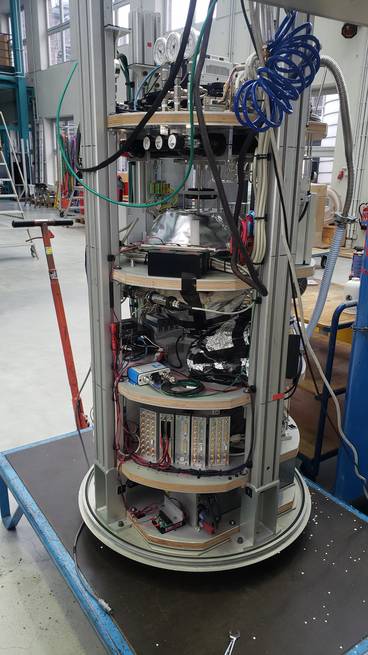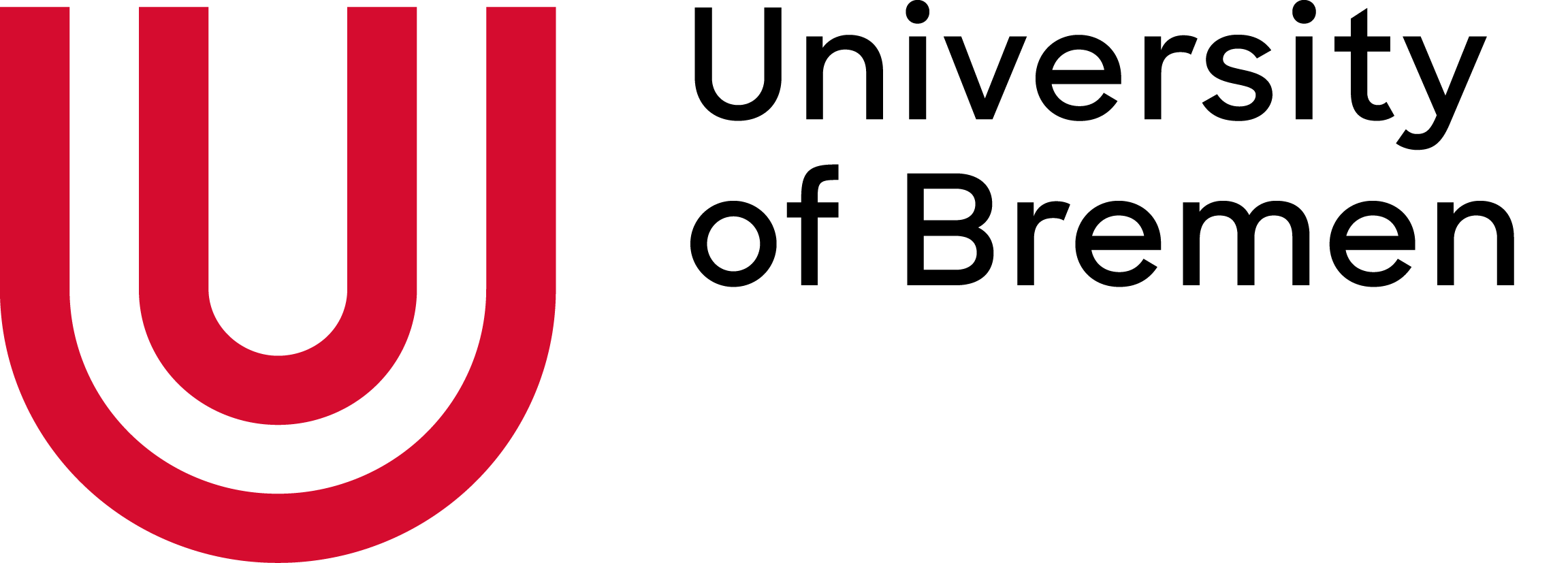Flame Investigations of Refrigerants under Microgravity - Safety Assessment for Fire (FIRE-SAFE)

research area: combustion
experiment title:
Flame Investigations of Refrigerants under Microgravity - Safety Assessment for Fire
experiment acronym: FIRE-SAFE
funding agency: ESA
grant number: CORA - Program
performing organization:
Institute for Combustion Technology, RWTH Aachen University, Germany
prime investigator:
Dr. Joachim L. Beeckmann
experiment objective
abstract
Because of their high global warming potential (GWP), hydrofluorocarbon refrigerants (HFCs) are now systematically phased out. Replacements with low GWP exist, but give rise to safety hazards as they are mildly flammable. The assessment of the safety hazards of such fluids is typically based on their laminar burning velocities, which are typically below 10 cm/s. Flames propagating at this speed are sensitive to gravity-induced buoyancy. Hence, challenging to measure. Buoyancy effects have to be carefully assessed by comparing representative burning velocity measurements with and without gravitational forces. The flame propagation is recorded by high speed Schlieren visualization. The aim is to correct buoyancy in slow-burning flames by correction models. As an outcome of this study, innovative post- processing methods for buoyancy affected flames will be developed. First, highly diluted hydrogen or CH4 flames, near the flammability limits, will be investigated. Hydrogen and methane are widely used in fuel cells, and their safe handling at microgravity (μg) is of interest for space missions. Subsequently, the laminar burning velocity of two representative refrigerants, difluoromethane (R-32: CH2F2) and 2,3,3,3-Tetrafluoropropene (R-1234yf: C3H2F4) will be experimentally studied at μg. These refrigerants are currently studied by the proposing coordinator under earth gravity conditions together with the National Institute for Standards and Technology (NIST), U.S.A. At last, besides investigating R-32 and R-1234yf, the combustion behaviour of ammonia is investigated together with the CNRS-ICARE, France. Ammonia is seen as an alternative refrigerant and also as a potential fuel for alternative combustion concepts. Due to its low propagation speeds, μg measurements are required to provide valuable data for kinetic modelling.
experiment campaigns
experiment year: 2020
number of drops: 4


 "
"